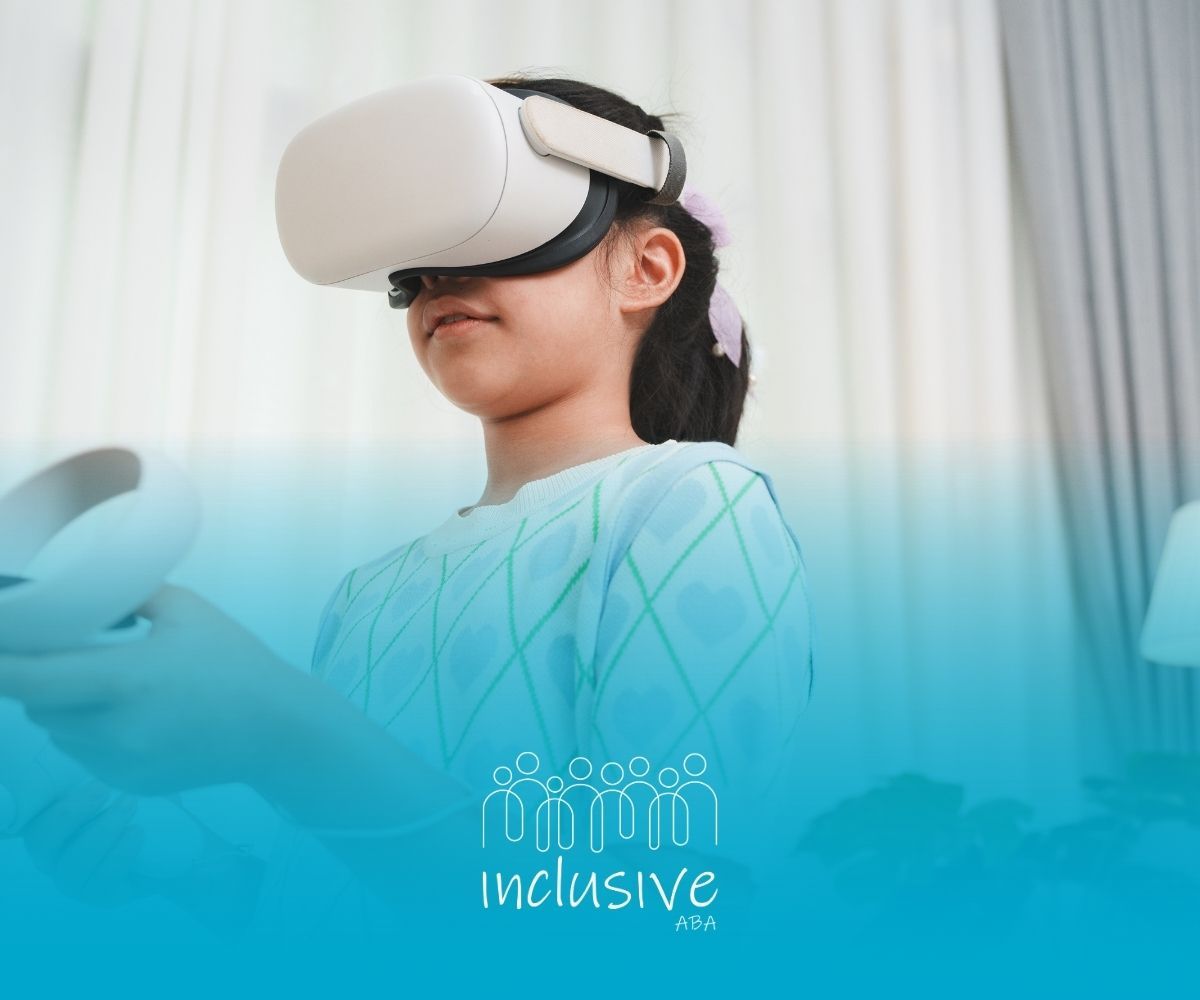Can an Autistic Person Drive? Here’s the Direct Answer
Yes, an autistic person can drive. Research shows that many autistic individuals, especially those without intellectual disabilities, successfully obtain driver’s licenses and drive safely. In fact, about one-third of autistic teens without intellectual disability get licensed by age, and many more plan to drive as adults. The ability to drive depends on individual skills, such as attention, sensory processing, decision-making, and comfort with multitasking.
While some autistic people may face challenges—like interpreting social cues from other drivers, managing sensory sensitivities, or handling unexpected changes—these can often be addressed with tailored training and gradual practice. There are no legal restrictions that prevent autistic people from driving; they must meet the same licensing requirements as everyone else.
If you or your loved one is considering driving, it’s important to assess readiness, seek supportive instruction, and practice in a safe, structured way. Driving can increase independence, social opportunities, and quality of life for autistic individuals.
Ready to take the next step toward independence? Contact Inclusive ABA in Nevada, Nebraska, or Colorado for personalized support and resources to help autistic drivers succeed.
FAQs
Are there legal restrictions on autistic people driving?
No, autistic individuals must meet the same licensing requirements as everyone else.
What challenges might autistic drivers face?
Sensory sensitivities, interpreting social cues, and multitasking may require additional support.
Can driving benefit autistic people?
Yes, driving increases independence, mobility, and access to social and work opportunities.
Looking for Expert Help? We're Here for You!
Our compassionate and skilled team is devoted to enhancing your child's development through customized ABA therapy. Let us partner with you to create a supportive environment for your child's success.
Discover how we can help your family thrive with expert ABA therapy.
Related Posts







